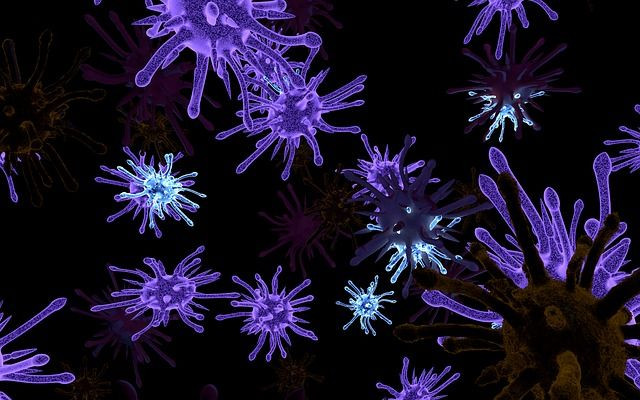World Zoonoses Day: Here's How To Prevent Another Zoonotic Disease Like COVID-19
World Zoonoses Day is celebrated on July 6 to commemorate the work of French biologist Louis Pasteur who successfully administered vaccination against rabies, a zoonotic disease.
Zoonotic diseases, otherwise known as zoonoses, are caused by germs such as viruses, bacteria and fungi that spread between animals and human beings. According to the Center for Disease Control and Prevention, more than 6 out of every 10 known infectious diseases in people can be spread from animals. It is also estimated that 3 out of every 4 new or emerging infectious diseases in people come from animals.
COVID-19 is one among the many zoonoses that the human race has faced over the generations. The recent pandemic was preceded by zoonoses like Ebola, SARS, MERS, HIV, Lyme disease, Rift Valley fever and Lassa fever.

There are different ways in which Zoonoses spread:
Direct Contact: Direct contact includes contact with the saliva, blood, urine, mucous, feces or other body fluids of an infected animal. It can be from scratches, bites or while touching the animal
Indirect Contact: The infection can also spread if a person comes into contact with areas where animals live and roam. This also includes objects and surfaces that have been contaminated with germs from the animals.
Vector-Borne: The infection can be carried through vectors like ticks or insects such as mosquitoes.
Foodborne: Zoonoses also spread from unpasteurized milk, undercooked meat or eggs, or raw fruits and vegetables that are contaminated with feces from an infected animal.
Waterborne: Drinking water that is contaminated with feces from an infected animal or coming into contact with it can also spread zoonoses.
Though zoonotic diseases can affect anyone including healthy people, some people are more vulnerable to the infection. Children under the age of 5, pregnant women, people with weakened immune systems and adults older than 65 are considered vulnerable to zoonotic diseases.
Taking simple measures like washing hands with soap and water, use of hand sanitizer, etc., when you are around animals will help to prevent the spread of germs. Avoiding bites and scratches from animals also help you to protect yourself and your family from zoonoses.
A report by United Nations Environment program indicates that growth in humanity and its activity has brought humans closer to the diseases carried by the animals. The report also suggests possible solutions to the issue. This includes fighting climate change, ending the over-exploitation of wildlife and other natural resources, farming sustainably, reversing land degradation and protecting ecosystem health.
© Copyright IBTimes 2024. All rights reserved.





















